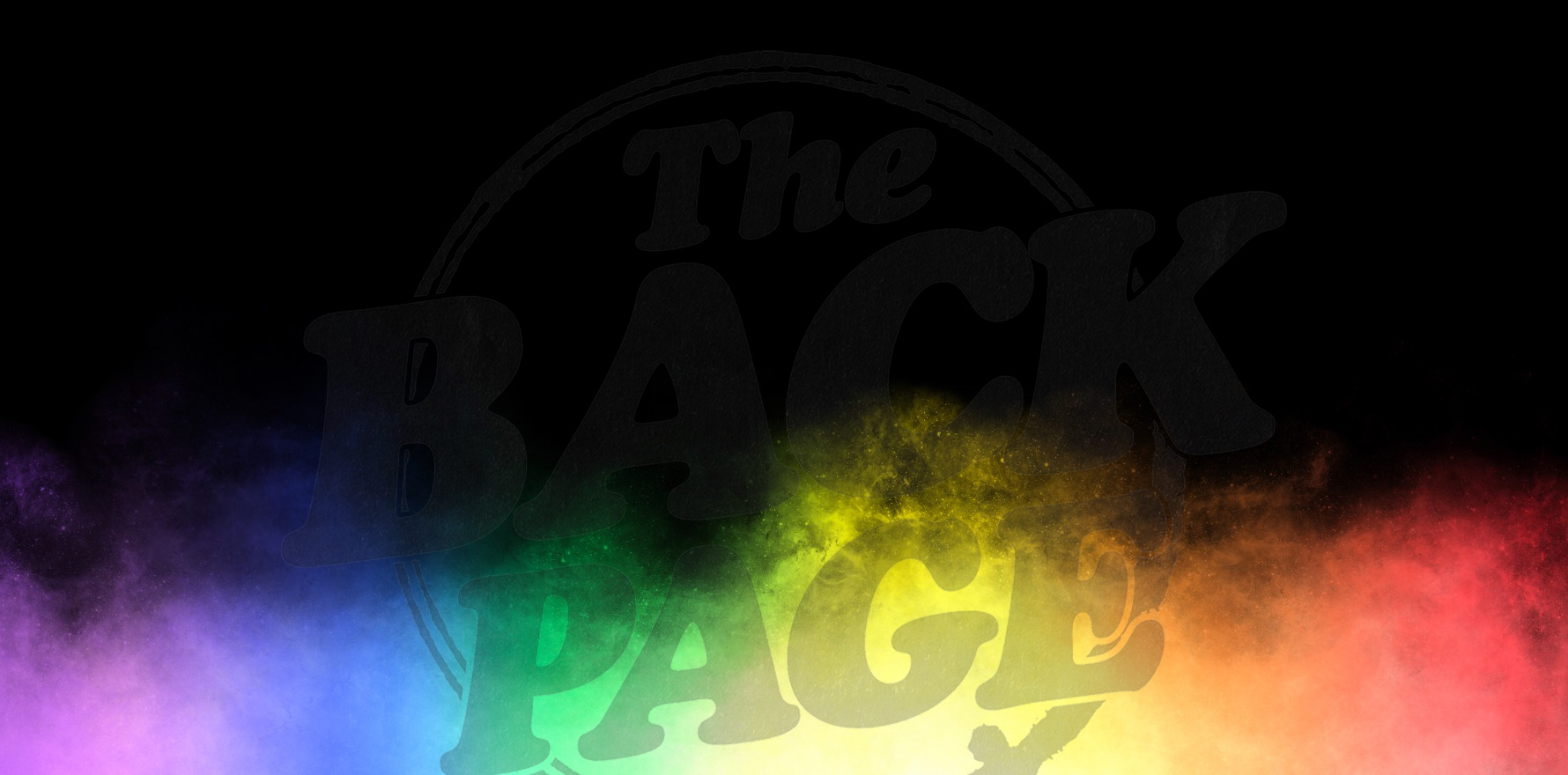Labor’s reversal has bewildered and angered advocates who were expecting better.
After the fallout from the 2021 Australian census, which failed to ask any meaningful questions about LGBTIQA+ status, there were high expectations that the 2026 edition of the national megasurvey would correct the omission.
High expectations – which the federal Labor government dashed at the weekend with its announcement that it had decided against including any new questions, to the bafflement and frustration of advocacy groups.
Bafflement because, as of Monday morning, no explanation or justification had been given for why Labor was abandoning its commitment that the 2026 census would gather relevant data on LGBTQIA+ Australians.
Equality Australia and advocate April Long referred the 2021 census’s neglect of queer communities to the Australian Human Rights Commission – a complaint that was resolved a year ago with the Australian Bureau of Statistics committing to establishing an expert advisory committee including LGBTQIA+ representatives to advise on topics and questions for 2026.
The ABS itself put out a statement of regret that the absence of questions on gender identity, variations of sex characteristics or sexual orientation meant some respondents “felt invisible and excluded” and had experienced “hurt, stress, anguish and other negative reactions”.
“The ABS is also aware that the framing of some 2021 Census questions and certain language used in those questions, and across the history of Australian Censuses, was also seen or experienced by some as hurtful, confusing, demeaning and discriminatory,” it said.
LGBTIQ+ Health Australia CEO Nicky Bath told ABC Radio National Breakfast this morning that, after years of consultation with the ABS and government on how and why to collect that data, the news was “devastating” and a complete surprise.
“It’s an incredible journey we’ve been on with the ABS in developing a partnership with them [to explore] how best to ask these very important questions into the 2026 census,” she said.
The ABS in a 2022 analysis found that its sex and gender questions in 2021, which allowed respondents to choose between male, female and non-binary sex, “did not yield meaningful data”.
A new Standard for Sex, Gender, Variations of Sex Characteristics and Sexual Orientation Variables was expected to be implemented in 2026.
Ms Bath said LGBTIQ+ Health Australia had tried to get these “four very simple questions” up in 2021 but was unsuccessful with the previous government.
She did not have to spell out why that was no surprise, but that hitting a wall with the current government, which likes to paint itself as sensibly progressive, was.
The importance of the questions had nothing to do with identity politics and everything to do with the practicalities of health funding distribution, Ms Bath said, with PHNs relying heavily on census data.
“LGBTIQ+ people have very significant health disparities when compared to the broader population,” she said. “What we need to know is where to invest [scarce resources].
“Without that population-level data we’re blindfolded … [For example] we have quite significant mental health and suicidality among our community and we need to know where to invest the money for mental health services.
“Including these questions in the 2026 census is good economic policy because it means we will invest dollars where they need to go.”
Equality Australia called the decision a betrayal that renders LGBTQIA+ Australians “invisible”.
“Our communities will continue to feel invisible and demeaned because the federal government hasn’t taken this opportunity to finally reflect the diversity of Australia and gather crucial information about the kinds of services people need,” said CEO Emma brown.
Mx Long, a non-binary parent, said: “Today’s outcome is devastating. After hearing the news, I had to look at my 3-year-old son knowing that when he starts school, I won’t be able to tell him how many kids are just like him with two mums.”
Intersex Human Rights Australia said the decision showed “a shameful lack of commitment to addressing the health and wellbeing disparities experienced by LGBTIQ+ people”.
“The next opportunity to capture this crucial data will be in 2032,” said IHRA CEO Dr Morgan Carpenter. “[P]eople will look back on this as a day of shame for a government that purports to support and value LGBTIQ+ people’s lives. Instead, they have let down a significant part of the Australian population, at great cost to our health.”
We’re standing by for an explanation from Labor – this had better be good.
Send better story tips to penny@medicalrepublic.com.au.


